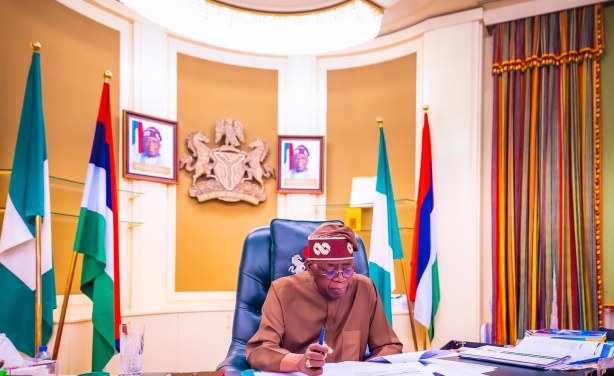Has Tinubu’s Two Years of Leadership Delivered for Nigeria?

Since assuming office in May 2023, President Bola Tinubu’s administration has introduced a series of economic reforms, including the removal of fuel subsidies and changes to the foreign exchange system. However, rising inflation, a depreciating naira, and growing public discontent have cast doubt on the effectiveness of these measures.
In a speech marking the end of his second year in office, Tinubu reassured Nigerians that the “worst is behind” them and that the nation is on a path to improvement. Former President Muhammadu Buhari also extended his congratulations, emphasizing that leadership is an ongoing process and calling for reflection amid the celebrations.
Despite government claims of significant progress, many Nigerians remain doubtful about the tangible benefits of the reforms. The opposition Peoples Democratic Party (PDP) criticized Tinubu’s tenure as a “massive disappointment.”
Meanwhile, political tensions continue to rise, fueled by allegations of ethnic favoritism in appointments and controversy over a state of emergency in Rivers State. These issues have sparked concerns about unfulfilled promises as Tinubu looks ahead to a potential re-election campaign in 2027.






